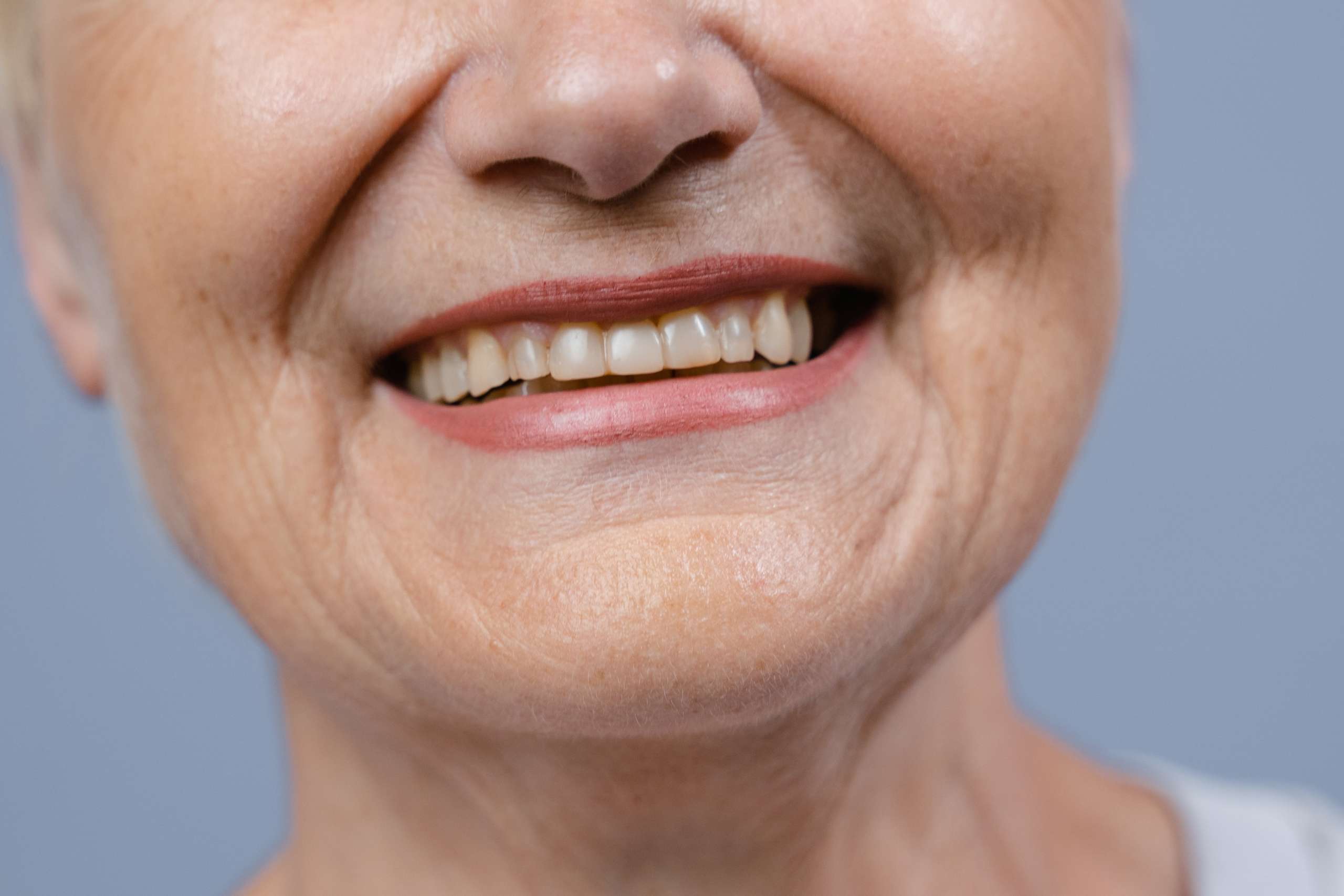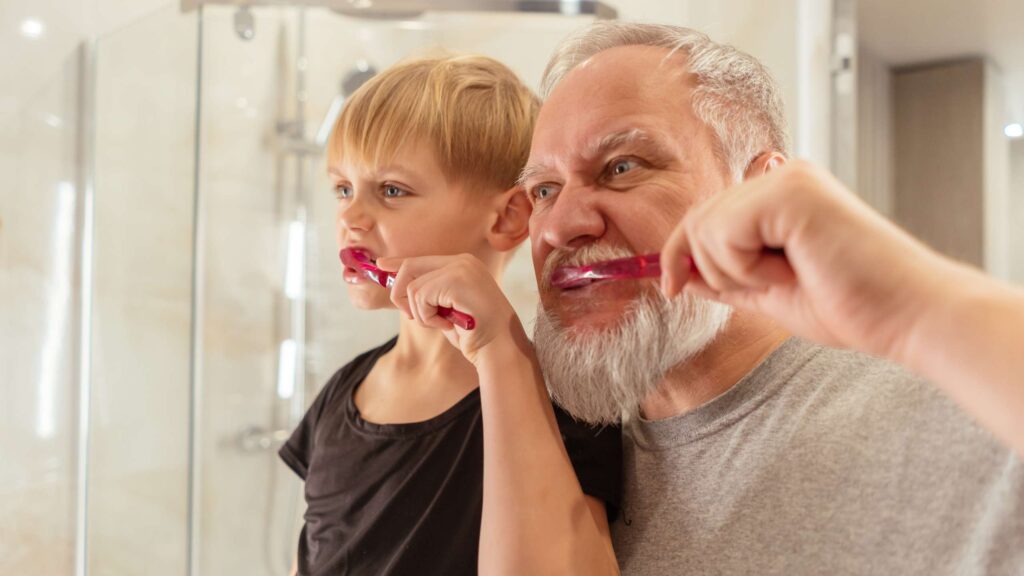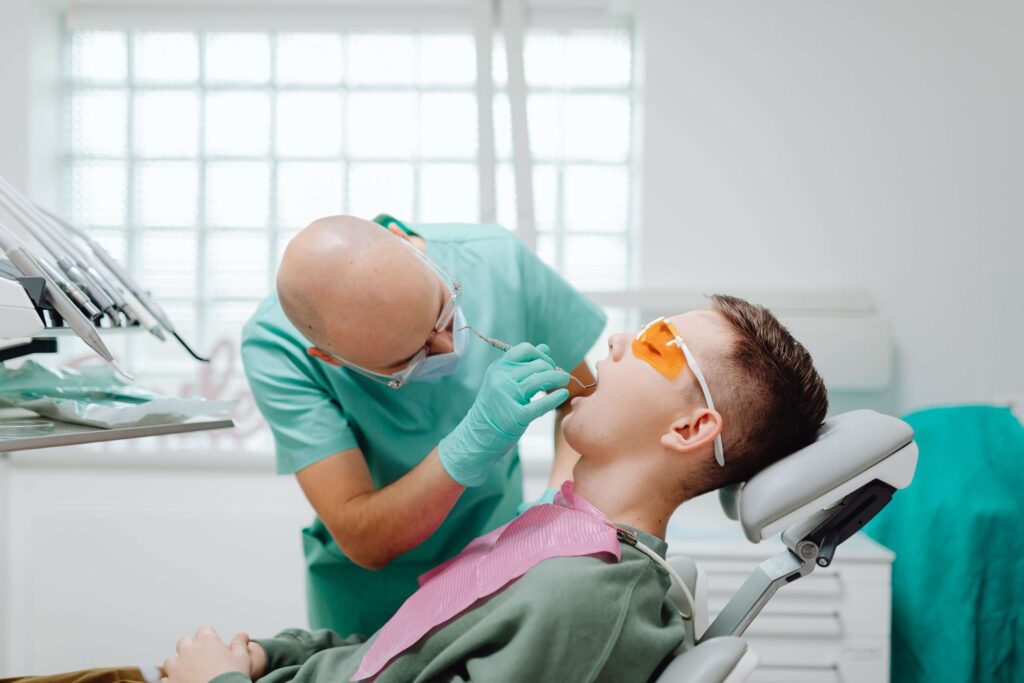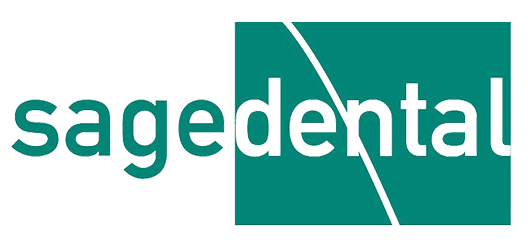15 Harmful Habits For The Teeth
If you’re like most people, you probably don’t think about your teeth as much. You brush them and floss them, sure, but that’s about it. But if you want them to stay healthy for a long time and not get in the way of your life, then taking care of those natural teeth is something that can’t be ignored.
It is important to know the different habits that could potentially be damaging for your teeth, so you can do your best to avoid them in the future. Not only will this article help you save your teeth from damage, but also help you maintain a good overall health, and save yourself from spending more money.

1. Biting On Your Fingernails
Most parents have at some point advised their children to stop biting their nails. Nail biting is one of the hardest habits to break.
When you’re upset or anxious, you could bite your nails out of habit. It may appear harmless to bite your nails because the only thing you are hurting are your nails, but that isn’t the case.
By biting your nails, you risk putting dangerous bacteria in your mouth. Placing your fingers on a minor wound within your mouth runs the risk of infecting it and making you sick. Nail biting makes you hold your jaw out for extended periods of time, which can lead to jaw dysfunction. Biting your nails might cause dental damage like chipped or cracked teeth.
2. Chewing or Smoking Tobacco
People continue to use tobacco products every day despite the overwhelming evidence of their risks. As a result of the chemicals in tobacco, this habit is frequently viewed as an addiction. All tobacco products, including cigarettes, cigars, vaping, and chewing tobacco, are bad for your teeth and gums.
The use of tobacco products can discolor teeth and increase the risk of gum disease, which can lead to tooth loss. Smoking raises your risk of developing gum disease, bad breath, dry mouth, tooth decay, and even tongue, lip, and mouth cancer.
By weakening the immune system, cigarette smoking also interferes with the body’s capacity to repair tissues. Additionally, smoking decreases blood flow to the gums, which prevents oral healing. People who smoke often heal more slowly after having dental work done.
Consult your doctor about programs that can assist you in quitting smoking.
3. Using your teeth as tools
While using your teeth to open packages or bottle tops may be easy, this is one habit that can really harm your teeth in the long run. Your jaw may get hurt or possibly crack or chip your teeth as a result of it. Even though it might seem harmless, tearing open plastic packaging can cause dental damage by cutting your gums and even breaking a tooth.
Keep scissors or utensils other than your teeth on hand for opening objects. Your teeth should be used to chew food, not as a can opener for your body.
4. Drinking too Many Acidic Drinks
Consuming too many of these acidic beverages might cause major dental problems very quickly. Drinks with high levels of acid might accelerate the natural deterioration of your teeth.
For the majority of people, occasionally enjoying a cup of wine or juices is okay, but excessive consumption is harmful for your teeth because it can lead to cavities.
Regular consumption of carbonated soft drinks might cause tooth enamel to deteriorate. A significant amount of sugar is present in many soft drinks, which can cause tooth decay.
By directing the liquid to the back of the mouth and away from teeth, using a straw helps lessen the damage that is done by drinking these beverages. Make sure to drink water afterwards if drinking acidic beverages cannot be avoided.
5. Too Much Coffee
Coffee can also discolor your teeth, just like smoking cigarettes and tobacco does. Your teeth may become dull and yellow in color as a result of adding more sugar and regularly consuming large amounts of coffee. Other negative effects on your oral health could be cavities and weight gain that is caused by the adding sugar to your coffee.
For this reason, many dental care providers would advise you to limit your daily coffee consumption to no more than one cup. Make sure to intake water afterwards to cleanse the teeth and avoid the staining.
6. Not Brushing/Flossing Your Teeth Daily
Our dental health is frequently most affected by the habits we don’t practice. That is why so many dental care providers stress the importance of maintaining your dental health by brushing and flossing your teeth every day.
Plaque is removed and the teeth are kept clean by brushing them twice a day. However, this can only be successful with the right techniques. Brush your teeth gently in small, circular strokes for two to three minutes using a toothbrush with soft bristles.
7. Harsh Brushing of Your Teeth
Your gums and teeth might be harmed by using a toothbrush with a harsh bristle or by brushing too vigorously. Over time, aggressive brushing can irritate the gums and erode the enamel.
Another effect of aggressive brushing is gum recession, or the pulling of the gums back from the teeth. As a result, the tooth roots are exposed, increasing your risk of infection and causing tooth sensitivity.
Brush your teeth gently in wide strokes with a soft-bristled toothbrush to prevent this.

8. Playing Sports without a Mouthguard
Mouth guards are made to protect your teeth from any potential harm when you play sports, which can be dangerous at times. Without it, if the activity becomes rough, your teeth are susceptible to being chipped or even knocked out. Even your tongue and gums could become injured.
Wearing a mouthguard while participating in a full-contact activity, such as basketball, football, or any other physical sport, may help to protect your dental health.
9. Teeth Grinding
Over time, teeth can become severely damaged by teeth grinding (bruxism). Stress, worry, and sleeping patterns are the main causes of teeth grinding. The habit of clenching and grinding one’s teeth can lead to tooth damage, muscle pain, and restricted jaw movement. It is frequently done without the person even realizing it, which makes it extremely harder to control.
It is advised to practice relaxation techniques, wear a nightguard, and try to become more conscious of when the clenching or grinding begins in order to help prevent this bad habit.
10. Chewing Ice
Your teeth may chip or even fracture if you bite down on solid, frozen ice cubes. Ice cubes can irritate the delicate tissues inside your teeth if you snack on them frequently, which may cause frequent toothaches.
Foods that are both hot and cold can cause your teeth to hurt suddenly. People with sensitive teeth tend to experience it the most frequently. Depending on how bad the crack is, the damage on the teeth could be permanent. A composite filling, crown, root canal, or full tooth extraction may be necessary.
To help break the habit, it is advised to use a straw or to order your drinks without ice. Another option is to chew sugar-free gum to replace the dental fixation of chewing ice.
11. Sucking Your Thumb or Fingers
For infants, sucking thumbs or fingers is acceptable, but after the age of five, the behavior may cause an overbite or poor tooth alignment. Serious dental issues might result from tooth misalignment.
One technique to wean your toddlers off of their thumbs and promote healthy tooth development is to keep their hands occupied.
12. Misuse of Toothpicks
After a meal, you might believe it’s a good idea to remove any bits of food from your teeth. However, using toothpicks or other non-dental objects in your mouth can cause damage and infection to your gums. The improper usage of toothpicks can harm the enamel and scratch the teeth’s surface. Additionally, sticking toothpicks deep inside the spaces between your teeth causes the teeth to move and create gaps.
Use dental cleaning tools or floss to remove food that has become caught between your teeth rather than toothpicks.
13. Binge eating
It is never a smart idea to binge eat. Numerous health issues, such as obesity, eating disorders, and poor oral health, can result from it.
When someone binges, they typically consume an excessive amount of sugar and calorie-rich junk food. These sugars have the potential to cause cavities and tooth decay. Even though some of the foods are partly nutritious, they can nevertheless result in problems including cavities and overall poor health.
Additionally, binge eating happens regularly outside of our typical mealtimes, frequently in the late afternoon or evening. Going to bed without brushing your teeth could result from this.
Eat well-balanced, protein-rich meals as opposed to frequent snacking, and drink enough water to flush out food residues. To avoid tooth decay, remember to brush your teeth between 30 and an hour after eating.
14. Inadequate Hydration
Water is the best drink for your body because it helps keep your teeth and gums healthy. If you don’t drink enough water, your mouth will dry out, and you’ll produce less saliva. A reduction in saliva affects the way bacteria grow in your mouth.
Proper hydration is an under-appreciated secret for healthy teeth. When brushing is not an option, drinking a glass of water helps wash away the food particles, bacteria, and acid from your mouth. Drinking water after consuming stain-causing foods, like red wine or coffee, will also rinse away the stain-causing chemicals, keeping your teeth whiter and brighter.
An under-appreciated key to good teeth is enough water. Drinking a glass of water will help wash away food residue, bacteria, and acid from your mouth if brushing is not an option. The chemicals that cause stains are also washed away by drinking water after consuming meals that do so, such as red wine or coffee, keeping your teeth whiter and more beautiful.
15. Avoiding the Dentist
Neglecting preventive dental care might have an effect on your oral health in addition to these dental-damaging behaviors. Your dentist can identify potential issues early and fix them before they worsen or become more bothersome with regular visits.
Missing regular appointments increases the likelihood that you won’t receive treatment until the issue is severe, which could result in more time and costs in the future.
Visit your dentist once every six months, or more frequently if they advise it.
These habits can be dangerous for your teeth and overall health. If you have any of these bad habits then it would be best if you stopped doing them immediately.
YOUR DENTIST FOR IN WALL TOWNSHIP, new jersey

Looking for a dentist near you in Wall Township?
Visit Dr. Avi Israeli of Sage Dental and Spa to get your dental cleaning, check-ups, or any dental related procedures that you need.
References:
https://www.colgate.com/en-us/oral-health/threats-to-dental-health/11-habits-that-damage-teeth
https://www.carecredit.com/well-u/health-wellness/bad-habits-harm-teeth/
https://www.webmd.com/oral-health/do-you-have-these-5-bad-dental-habits
https://www.healthline.com/health/dental-and-oral-health/worst-foods-for-your-teeth

